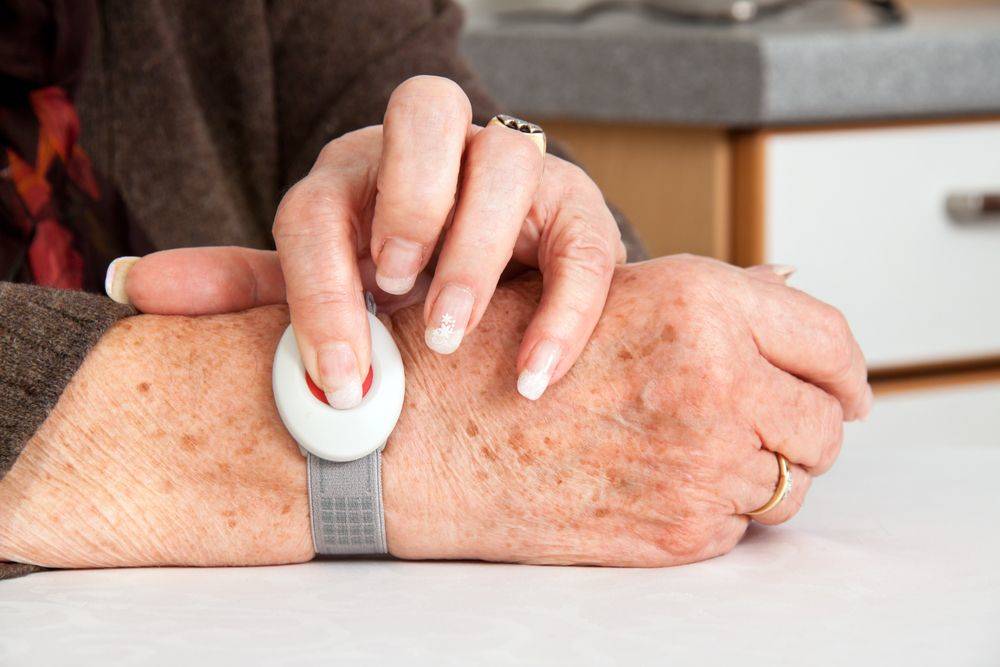 We can all remember the “I’ve fallen and I can’t get up!” commercial from the 1980s.
We can all remember the “I’ve fallen and I can’t get up!” commercial from the 1980s.
While the phrase may have since become a humorous pop culture reference, the fact remains that this is a very real problem for many older adults.
Access to quick, reliable help in the event of an emergency is critical, which is why medical alert systems are so valuable for aging loved ones.
Safety, Security and Peace of Mind
Emergency alert devices send out a distress signal in the event of emergencies, such as trips and falls or cardiac arrest. Whether your loved one is struggling from a neurological condition or just experiencing increasing challenges with physical tasks, an emergency alert system offers valuable enhanced security.
In particular, falls are a significant problem for the elderly, and can cause a number of different debilitating injuries. Delayed treatment following a fall or other event, such as a heart attack, can lead to even more serious complications, including dehydration, pressure ulcers and hypothermia.
Aging seniors aren’t just affected by falling, but also by the fear of falling, which can restrict daily activities and social interactions. Equipping your loved ones with a medical alert system can increase their sense of security. In fact, knowing that a medical response team will respond in the event of an emergency offers critical peace of mind to caregivers and loved ones alike.
New and Improved Medical Alert Systems
While many of these systems still rely on the push of a button, the latest technological advancements can automatically detect falls, in addition to offering medical monitoring and emergency call center response. Some also deliver voice messages to both users and caregivers about the wearer’s daily activities, including if a user has failed to wear the device.
If your aging loved one resists this technology, point out that newer medical alert systems are lightweight and less conspicuous than prior models.
Choosing a Medical Alert System
When deciding between personal emergency medical response systems, consider your options before making a choice. Prices, which typically include both setup and monthly fees, vary depending on equipment and services. Opt for a provider with 24/7 customer care and technical support. Also be sure to understand the cancellation requirements, and request a money back trial, if possible.
The key to decreasing hospitalizations and improving survival rates in emergencies is a fast response. Having the resources to quickly deal with accidents and other health emergencies can mean the difference between a fast recovery and catastrophe.
Key Takeaways
- Medical alert systems offer increased security in the case of a fall or other health emergency.
- They also offer valuable peace of mind to caregivers and their aging loved ones.
- New and improved medical alert systems offer increased functionality.
- Take time to choose the medical alert system that's right for your loved one's particular needs.

